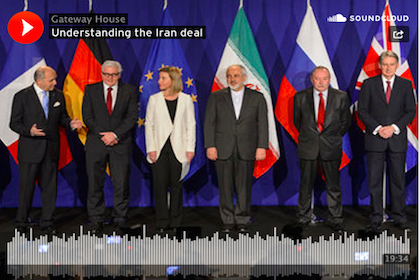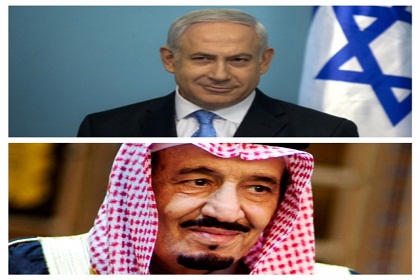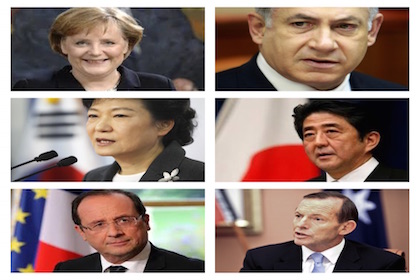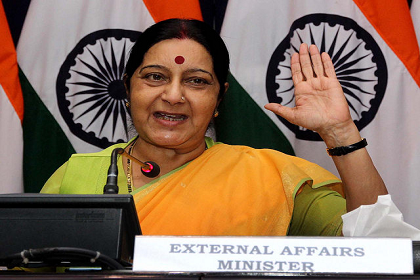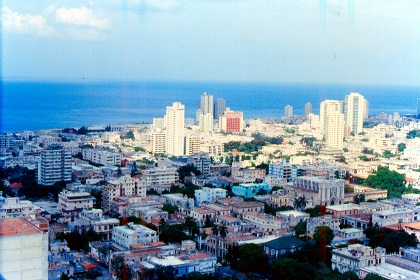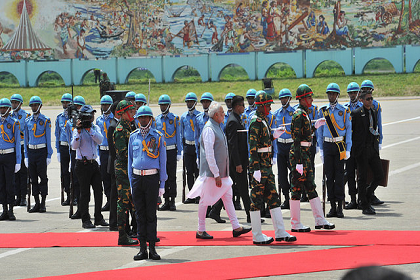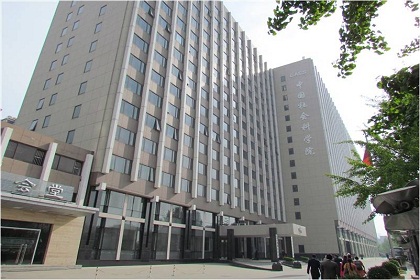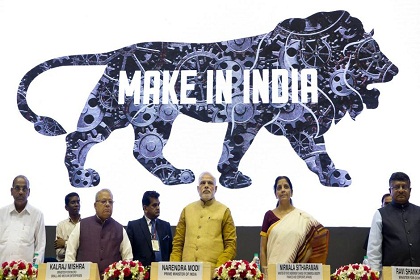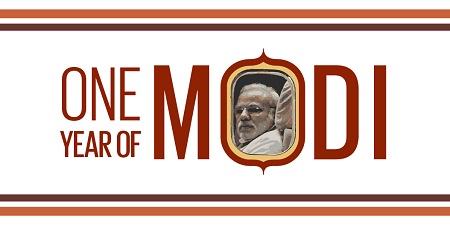What the Iran deal means for the region and India
After 12 years of negotiations on Iran's civilian nuclear program between Iran and the P5+1 countries, a Joint Comprehensive Plan of Action (JCPOA) was announced on July 14. Neelam Deo, Director, Gateway House, sits down with Dev Lewis, Gateway House, to discuss the agreement, how the sanctions will be lifted, and what a re-emerged Iran means for India and the middle-east

